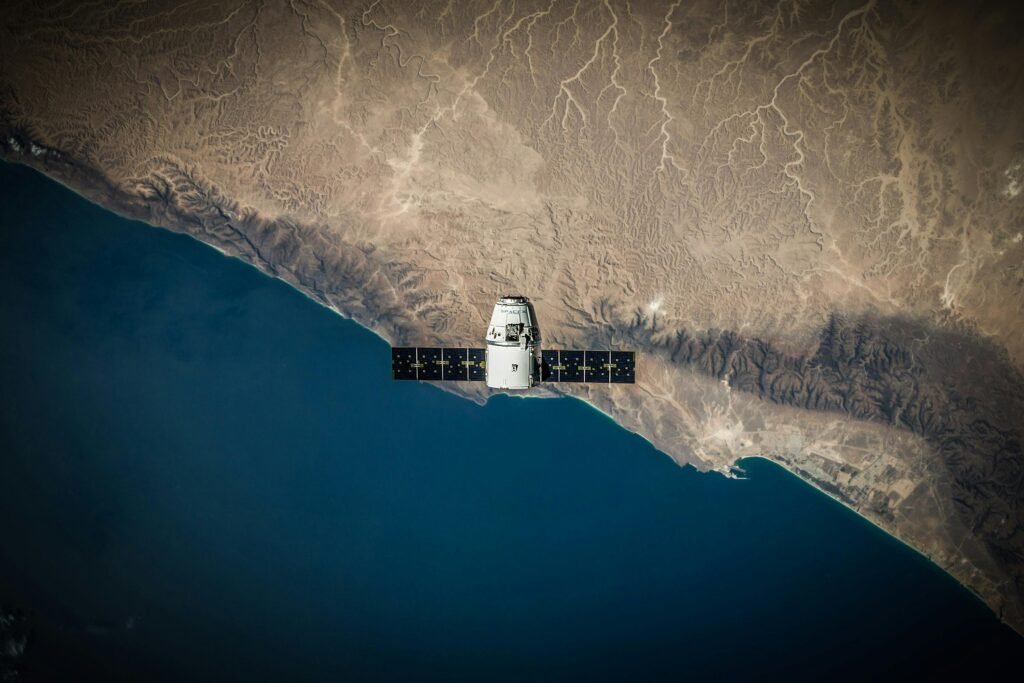
Satellites have become an integral part of modern society. They orbit the Earth silently, yet their contributions are felt in nearly every aspect of our lives—from weather forecasting and global communication to scientific exploration and national security. Understanding the different types of satellites helps us appreciate the technology that supports our daily activities and global development.
- Communication Satellites
Communication satellites act as the backbone of global connectivity. They enable international phone calls, television broadcasts, satellite radio, and internet access in remote areas. By transmitting signals across vast distances, these satellites bridge geographical barriers and support everything from business operations to personal communication. - Weather Satellites
Monitoring the Earth’s atmosphere, weather satellites provide critical data on cloud patterns, storms, and climate changes. Meteorologists rely on these satellites to predict weather conditions and track natural disasters such as hurricanes, floods, or wildfires. Their role is vital for disaster preparedness, agriculture planning, and environmental research. - Navigation Satellites
Navigation satellites, such as those in the Global Positioning System (GPS), are essential for positioning and timing services. They guide airplanes, ships, and vehicles, ensuring safe and efficient transportation. On a personal level, they power navigation apps on smartphones, making travel and logistics more accessible than ever. - Earth Observation Satellites
These satellites capture high-resolution images of Earth’s surface. Governments, scientists, and organizations use the data to monitor forests, oceans, urban development, and agricultural lands. They play a critical role in managing natural resources, tracking deforestation, studying climate change, and supporting disaster recovery operations. - Military Satellites
National security heavily depends on military satellites. They provide surveillance, reconnaissance, secure communication, and navigation for defense purposes. By observing movements on land, sea, and air, these satellites enhance strategic decision-making and safeguard national interests. - Scientific Satellites
Scientific satellites expand our knowledge of space and beyond. They study celestial bodies, cosmic radiation, and planetary systems, often acting as observatories in orbit. Missions such as the Hubble Space Telescope have revolutionized our understanding of the universe, while others focus on exploring distant planets and gathering data for future space exploration.
Conclusion
Satellites are far more than machines in orbit—they are the silent guardians of communication, navigation, environment, security, and science. Each type of satellite serves a distinct purpose, yet together they form a technological network that sustains modern civilization. As advancements continue, the future of satellites will likely bring even greater innovations, including miniaturized systems and expanded interplanetary missions.
